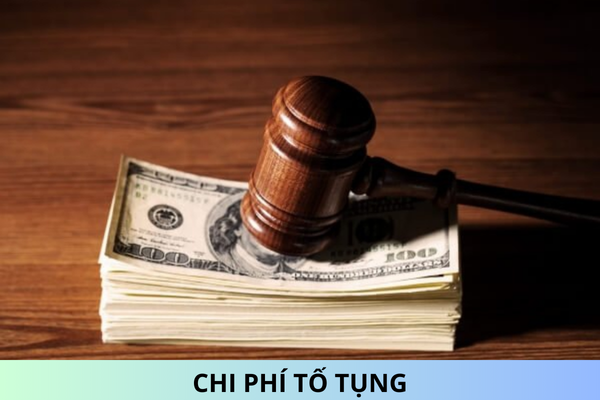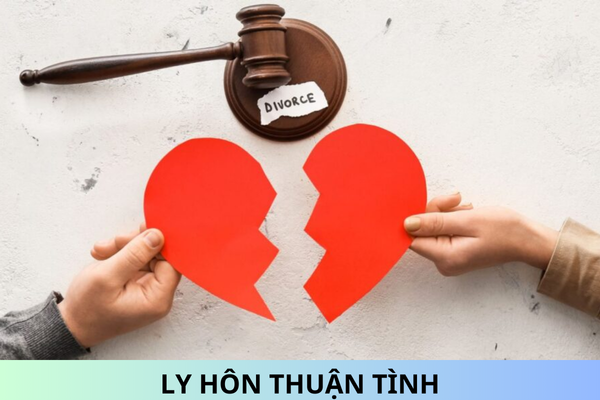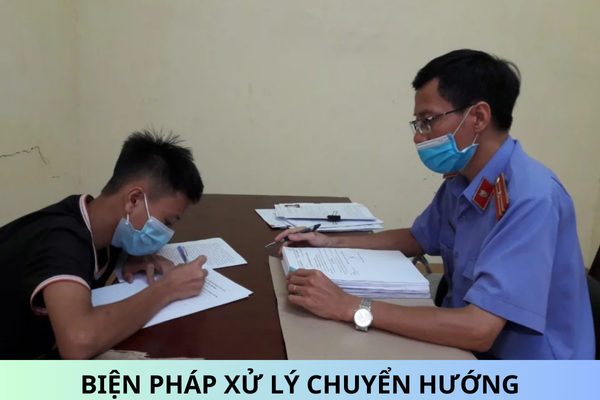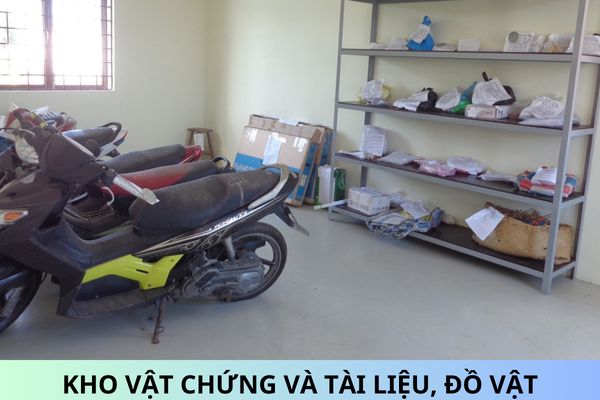Who are involved parties in civil proceedings in Vietnam? Who has right to decide to change civil proceeding officers in Vietnam?
Who are involved parties in civil proceedings in Vietnam? Who has right to decide to change civil proceeding officers in Vietnam? Do persons making counter-claims in civil proceedings have to pay advance Court fees in Vietnam?
Who are involved parties in civil proceedings in Vietnam?
I have a question and want to ask you to answer. Specifically, let me ask: Who are the involved parties in civil proceedings? Hope to get a response soon. I sincerely thank!
Reply:
In civil proceedings, there are civil cases and civil matters. According to this regulation, the involved parties in civil cases and civil matters are also different.
Specifically, in Clause 1, Article 68 of the 2015 Civil Procedure Code, the following provisions are made:
The involved parties in civil lawsuits are agencies, organizations and individuals, including the plaintiffs, the defendants and the persons with related interests and obligations.
- The litigator in a civil lawsuit is the person that initiates lawsuit or the person for whom the other agencies, organizations and individuals prescribed by this Code initiates the lawsuit to request the Court to resolve the civil lawsuit when he/she holds that the legitimate rights and interests of that person have been infringed upon.
Agencies and organizations prescribed by this Code, which initiate civil lawsuits to request Courts to protect the public interests, the State's interests in the domains under their respective charges are also plaintiffs.
- The defendant in a civil lawsuit is the person against whom the plaintiff initiates a lawsuit or the other agencies, organizations and individuals prescribed by this Code initiates a lawsuit to request the Court to resolve the civil lawsuit when they holds that the legitimate rights and interests of the plaintiff have been infringed upon by such person.
- The persons with related interests and/or obligations in civil lawsuits are those who neither initiate lawsuits nor are sued, but the resolution of the civil lawsuits is related to their interests and/or obligations and, therefore they themselves, or other involved parties, request to include them in the proceedings in the capacity as the persons with related interests and/or obligations and such requests are accepted by courts.
Where the resolution of a civil lawsuit is related to the interests and/or obligations of a person but no one requests to include him or her in the proceedings in the capacity as the persons with related interests and/or obligations, the Court shall have to include that person in the proceedings in the capacity as the person with related interests and/or obligations.
The involved parties in civil matters are agencies, organizations and individuals, including the persons petitioning settlement of civil matters and persons with related interests and obligations.
- The persons petitioning the resolution of civil matters are those who petition the Court to or not to recognize a legal event to form the basis for the arising of rights and/or obligations relating to civil issues, marriage and family, business, trade and labor of themselves or of other agencies, organizations and individuals; and/or petition the Court to recognize their rights and/or obligations relating to civil issues, marriage and family, business, trade, labor.
- The persons with related interests and/or obligations in civil matters are those who do not petition the resolution of civil matters, but the resolution of the civil matters is related to their interests and/or obligations and, therefore they themselves, or other involved parties in the civil matters, request to include them in the proceedings in the capacity as the persons with related interests and/or obligations and such requests are accepted by the Courts.
Where the resolution of a civil matter is related to the interests and/or obligations of a person but no one requests to include him or her in the proceedings in the capacity as the persons with related interests and/or obligations, the Court shall have to include that person in the proceedings in the capacity as the person with related interests and/or obligations.
Above is the content of answers about the involved parties in the civil case in Vietnam.

Who has right to decide to change civil proceeding officers in Vietnam?
Hello, please let me ask: Is the change of civil proceeding officers decided by the judge? Or who decides? Look forward to receiving an answer.
Reply:
In Clause 1, Article 47 of the 2015 Civil Procedure Code, tasks and powers of the courts' Chief Justices:
1. The court's Chief Justice shall have the following tasks and powers:
a) To organize the resolution of civil cases falling under the jurisdiction of the Court; ensuring the principle that the Judge and the Juror carry out the adjudication separately and comply with law;
b) To decide on the assignment of Judges to accept the civil cases, Judges to resolve civil cases, People’s Jurors to participate in trial panels to hear civil lawsuits; and to decide on the assignment of ombudspersons, Court clerks to conduct procedures for civil cases, ensuring the principle prescribed in clause 2 Article 16 of this Code;
c) To decide on the replacement of Judges, People’s Jurors, Ombudspersons and/or Court clerks before the opening of Court sessions;
d) To decide on the replacement of expert-witnesses and/or interpreters before the opening of Court sessions;
dd) To issue decisions and conduct civil proceedings under the provisions of this Code;
e) To settle complaints and/or denunciations under the provisions of this Code;
g) To file appeals according to the cassation or reopening procedures against legally-effective Court judgments or decisions according to the provisions of this Code or request the competent Chief Justice to consider the appeal according to the cassation or reopening procedures against legally-effective Court judgments or decisions.
h) To request competent agencies to consider amending or repealing a legislative document if such document is discovered denoting against constitutions, laws, resolutions of National Assembly, ordinances, resolutions of the Standing committee of the National Assembly, superior legislative documents of regulatory agencies as prescribed in this Code;
i) To resolve the acts obstructing the civil procedures as prescribed in law;
k) To perform the tasks and powers prescribed in law.
Thus, the decision to change Judges, People’s Jurors, Ombudspersons and/or Court clerks before the opening of Court sessions falls under the jurisdiction of the chief justice of the court. As for the court hearing, as provided for in Clause 2, Article 235 of the 2015 Civil Procedure Code, the decision to replace the procedure presiding officers falls under the jurisdiction of the Trial Panel in Vietnam.
Do persons making counter-claims in civil proceedings have to pay advance Court fees in Vietnam?
Cases in the process of settling civil cases. If one of the parties makes counter-claims against the other party or with persons with related rights and interests, does that counter-claim have to pay advance Court fee? Look forward to receiving your feedback.
Reply:
In Clause 1, Article 146 of the 2015 Civil Procedure Code, it is stipulated:
1. The plaintiffs, the defendants who have made counter-claims against the plaintiffs and the persons with related rights and interests who have made independent claims in civil lawsuits must advance first-instance Court fees; the persons who have made appeals must advance appellate Court fees, except for cases where they are exempted from, or do not have to pay Court fee advances.
Thus, according to the above provisions in Vietnam, counter-claims against plaintiffs and the persons with related rights and interests who have made independent claims in civil lawsuits must pay advance Court fees.
We responds to you.
Best regards!










